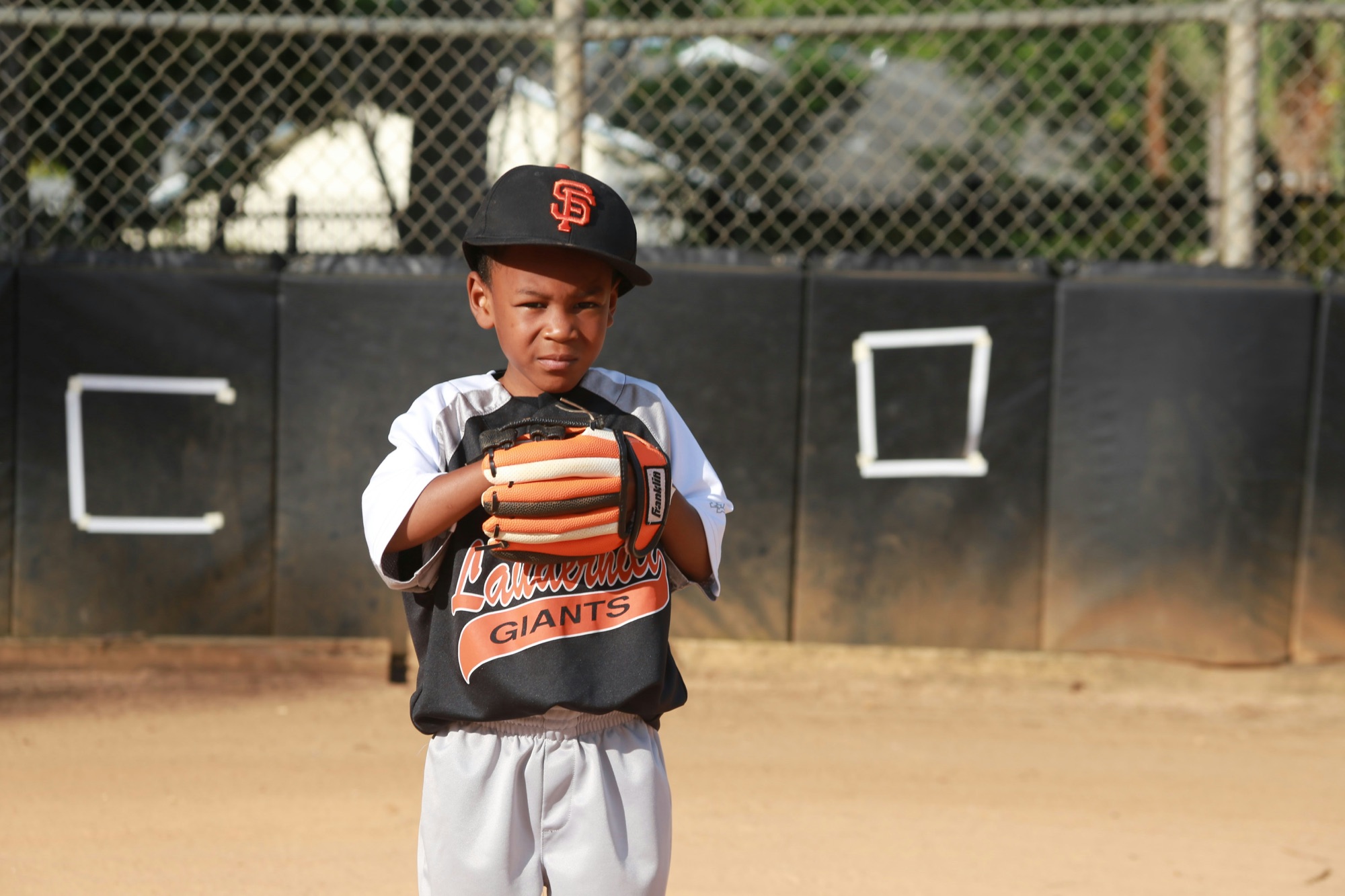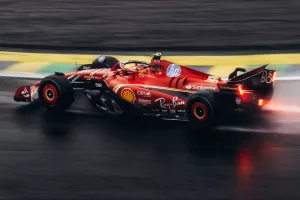Baseball holds a unique and revered place in Cuban culture, transcending the boundaries of sport to become a symbol of national pride, resilience, and identity. Despite the island’s complex political history and economic challenges, baseball has remained an enduring passion for generations of Cubans. From lively street games in neighborhoods to high-stakes national tournaments, baseball is woven into the fabric of Cuban society. This article explores the reasons behind the widespread popularity of baseball in Cuba.
Historical Roots: The Introduction of Baseball to Cuba
Baseball was introduced to Cuba in the 1860s by Cuban students who had studied in the United States, as well as by American sailors and expatriates living on the island. At the time, Cuba was under Spanish colonial rule, and baseball quickly gained popularity as a symbol of resistance and modernity. The sport’s appeal was partly due to its contrast with the traditional Spanish bullfighting, which was viewed by many Cubans as a relic of colonial oppression. By embracing baseball, Cubans expressed a desire to move away from Spanish influence and align more closely with the modern ideas and values they associated with the United States.
The sport became intertwined with the Cuban struggle for independence from Spain in the late 19th century. Cuban rebels would often play baseball between battles, using the sport as a unifying force that bolstered morale and built a sense of national identity. Baseball’s role as a symbol of freedom and resistance solidified its place in Cuban culture, and by the early 20th century, it had become the island’s most popular sport.
Baseball and the Fight for Independence
The relationship between baseball and Cuban independence is fascinating. During the Ten Years’ War (1868-1878), baseball served as more than just a pastime; it was a covert means of assembling and organizing. Many revolutionary leaders were avid players and used the gatherings as opportunities to discuss and strategize their efforts against colonial rule. This dual role of the sport helped embed it deeply in the national consciousness.
Baseball as a National Identity
Baseball in Cuba is more than just a game; it is a source of national pride. The sport has become a powerful expression of Cuban identity, particularly in the face of political isolation and economic hardship. Since the Cuban Revolution in 1959, the government has promoted baseball as a key element of national culture, seeing it as a symbol of socialist values like teamwork, collective effort, and discipline.
The Cuban government’s emphasis on baseball as a unifying and patriotic force led to the development of a robust amateur baseball system. The National Series, Cuba’s premier baseball league, was established to showcase local talent and promote the sport at all levels. Unlike professional leagues in other countries, Cuban baseball focuses on the collective good rather than individual profit, reflecting the country’s socialist ideology. The sport’s deep connection to Cuban identity is reflected in the passionate support for national teams and the pride Cubans take in their baseball history.
The Role of Baseball in Socialist Ideology
Under the socialist government, baseball has been utilized as a tool for promoting social values and cohesion. The absence of commercialism in Cuban baseball ensures the focus remains on skill development and community engagement rather than financial gain. This has fostered a unique environment where players are celebrated for their dedication to the team rather than personal accolades.
The Success of Cuban Players on the International Stage
Cuban baseball players have long been recognized for their skill, athleticism, and competitiveness. Over the decades, Cuba has produced some of the world’s best baseball talent, leading to significant success in international competitions. Cuban teams have consistently dominated in events like the Baseball World Cup, the Pan American Games, and the Olympic Games. The country’s success on the international stage has reinforced the idea that baseball is a crucial part of Cuban national identity.
For many Cubans, baseball offers a rare opportunity to showcase their country’s strength and talent on the global stage. The success of Cuban players internationally, even in the face of political and economic challenges, has inspired a deep and enduring love for the sport. Despite strict government regulations that have prevented many top Cuban players from joining Major League Baseball (MLB) in the United States, those who have managed to do so—like Orlando “El Duque” Hernández and José Abreu—are celebrated as heroes both at home and abroad.
Notable Cuban Baseball Icons
Orlando “El Duque” Hernández’s story is particularly emblematic of the Cuban baseball narrative. After defecting from Cuba, he became a key player in the MLB, winning four World Series championships. His journey from Cuban leagues to American success stories highlights the talent produced by the Cuban system. These stories of defection and success abroad add layers of complexity to the Cuban baseball narrative, illustrating both the opportunities and challenges faced by Cuban players.
Government Support and Infrastructure
The Cuban government has long prioritized baseball as a key aspect of national development. After the revolution, the state invested heavily in baseball infrastructure, building stadiums, training facilities, and youth academies across the island. Baseball is a core part of the education system, with children starting to play in organized leagues from a young age. The sport is integrated into school curriculums, and young players with potential are identified early and provided with advanced coaching and resources.
The government’s focus on developing baseball talent has led to a highly organized system of scouting, training, and competition. This has allowed Cuba to consistently produce world-class players, despite the country’s limited resources. The state-run baseball system also emphasizes the importance of community and collective effort, with players often returning to their hometowns to give back and inspire the next generation.
The Structure of Youth Baseball Programs
Cuba’s approach to nurturing baseball talent starts early. Children as young as five are enrolled in local baseball programs, where they learn the fundamentals of the game. The most promising players are funneled into more competitive leagues and eventually to regional academies. This system ensures that talent is identified and nurtured from a young age, providing a steady pipeline of skilled players for the national league and international competitions.
Accessibility and Community Involvement
One of the reasons baseball is so popular in Cuba is its accessibility. Baseball is a sport that requires minimal equipment, making it easy for people of all ages and backgrounds to play. In neighborhoods and rural areas across Cuba, it is common to see children playing pickup games with makeshift equipment. The sport is deeply embedded in everyday life, serving as a common thread that unites communities across the island.
Baseball is also a major source of entertainment in Cuba, where professional sports from other countries are less accessible due to political and economic barriers. National Series games are widely followed, and local teams are passionately supported by their communities. The sport brings people together, fostering a sense of camaraderie and shared purpose. Baseball games in Cuba are lively social events, filled with music, chants, and a festive atmosphere, reflecting the passion and joy that the sport brings to the Cuban people.
Community-Driven Baseball Initiatives
In many Cuban towns, baseball fields serve as the epicenter of community life. Local games draw crowds, providing not just entertainment but also a venue for social interaction. Community-driven initiatives, such as neighborhood tournaments and charity games, are common, helping to maintain the sport’s popularity and engagement at the grassroots level.
The Cultural and Social Impact of Baseball
Baseball’s influence extends beyond the field in Cuba. The sport has inspired art, music, literature, and film, becoming a key part of the country’s cultural identity. Cuban baseball players are often depicted as national icons, and the sport’s rich history is celebrated in museums, festivals, and public events. The stories of legendary players like Martín Dihigo, known as “El Inmortal,” and the rich tradition of the sport in Cuban society have become integral to the nation’s collective memory.
Baseball also serves as a symbol of resilience and hope for many Cubans. In a country where economic hardship and limited opportunities are a reality for many, the sport provides a sense of pride and a chance to dream. The possibility of making it as a baseball player and achieving success, both locally and internationally, remains a powerful motivator for young athletes.
Baseball in Cuban Media and Arts
Cuban media and arts have long celebrated baseball. Films such as “Viva Cuba!” and songs by popular musicians often weave baseball into their narratives, symbolizing the spirit and tenacity of the Cuban people. Exhibitions in the Museo Nacional de Bellas Artes frequently feature baseball-themed art, showcasing the deep cultural ties the sport has with Cuban life.
Challenges and the Future of Baseball in Cuba
While baseball remains a beloved sport in Cuba, it faces challenges that could impact its future. Economic hardships have led to deteriorating infrastructure and limited resources for maintaining facilities and equipment. Additionally, the allure of playing professionally abroad has led to a significant number of defections, which can weaken the domestic league.
Strategies for Sustaining Baseball’s Popularity
To sustain baseball’s popularity, Cuba could focus on enhancing the local league’s competitiveness by increasing investment in infrastructure and player development. Encouraging more international collaborations and friendly matches with foreign teams could also help maintain interest and improve the quality of play. Moreover, storytelling through media—highlighting the journeys and achievements of Cuban players—can continue to inspire future generations.
Baseball’s popularity in Cuba is the result of a complex interplay of historical, cultural, and social factors. From its introduction as a symbol of resistance against colonialism to its role as a unifying force in post-revolutionary Cuba, baseball has become an inseparable part of the country’s identity. The sport’s accessibility, government support, and community involvement have allowed it to thrive, while the success of Cuban players on the international stage has fueled national pride. For Cubans, baseball is more than just a game—it’s a symbol of their resilience, unity, and identity. As long as the sport continues to capture the hearts and imaginations of the Cuban people, it will remain a central part of the nation’s culture and a powerful expression of what it means to be Cuban.




